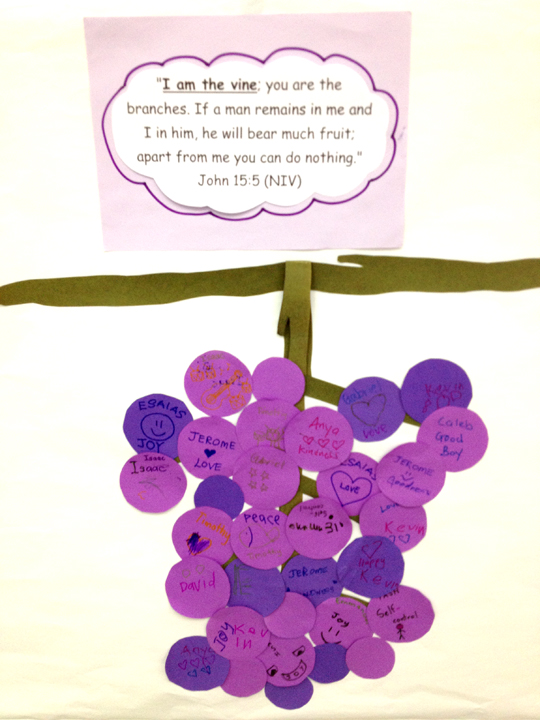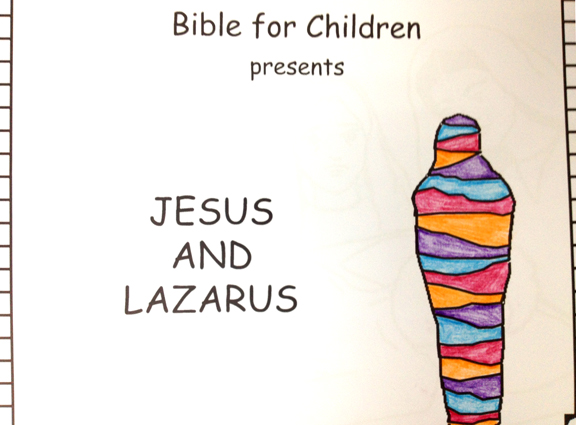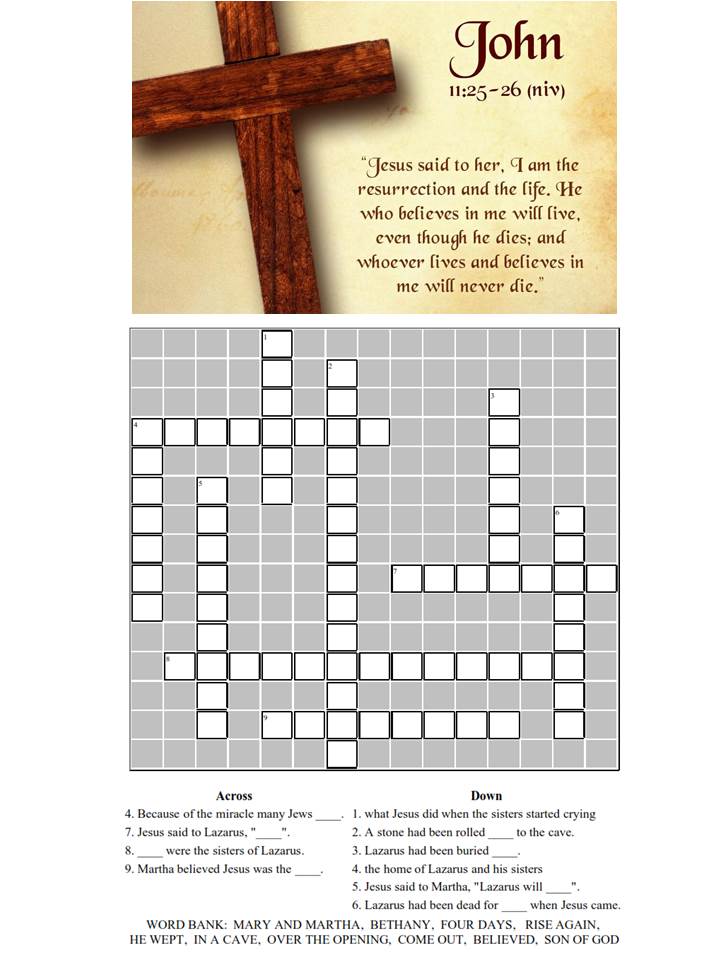Kelas Balita
Coach Susan
Asst 1 : Tasya
Asst 2 : Tessa
Kelas 1 - 3
Coaches : Lily Bun & Santi
Kelas 4 - 6
Coaches : Lusiana & Theresia
Nehemiah: No more Debt! (Neh 5)
1. HOOK: IOU
- Teaching kids about interest (can use any other example you find helpful)
- Prepare 10-20 of the same objects at the back of the room, e.g. erasers, plastic bottles, crayons etc.
Basket/Container A: placed at the front of the room, with a sign “Debt” attached, facing away from the kids.
Basket/Container B: also at front of the room, but less conspicuous, e.g. behind Basket A, with a sign “Interest” attached, facing away from the kids. - Choose a volunteer. This volunteer has to run back and forth the class, picking up one of the objects from the back of the class and putting it into Basket A at the front of the class. He/she has to get 10 objects into the Basket A within 60-120 seconds (depending on classroom size).
- As the volunteer starts running to and fro, putting items into Basket A, you (the teacher/assistant) will take an item from Basket A and put into Basket B at various times. After the 60-120 seconds, the idea is to have only 2-3 items in Basket A (with the rest in Basket B.
- Turn both baskets around so the kids can see the attached signs. Explain to the class: Basket A represents the volunteer’s debt of 10 items (what he/she owes). Every time the volunteer brought an item to the basket, he was paying his loan. But there’s a high interest on the debt — a fee charged for the loan. So even though the volunteer was running up and down, working very hard to pay off his debt by putting the items into Basket A, most of it went to pay the high interest on that debt (Basket B). So the volunteer is still left with a big debt.
2. STORY: NO MORE DEBT (Nehemiah 5)
- We’re following the adventures of Nehemiah as he and the people of Israel work together to rebuild the walls of Jerusalem
- Last week, we learned how the builders were able to defend themselves against their enemies — one hand working, one hand holding a weapon etc. They were reminded that God was always with them(last week’s memory verse: If God is for us, who can be against us?)
- While the people of Jerusalem were able to fend off their enemies, they also faced problems in their own community.
- Last week: external enemies: the people were united against them
- This week: internal problems: divided the people
- Problems faced by the Israelites:
- Famine
- Big families, but not enough food
- Had to sell their fields, vineyards and homes to get food
- High taxes
- Had to borrow money to pay tax
- Children sold into slavery
- High interest:
- Fellow Jews (nobles and officials) were lending money to the Jews and charging them interest, so they could not pay back their loan
(just like the volunteer who, despite his efforts, could not fill Basket A)
- Nehemiah’s response:
- Very angry — leaders were exploiting the people; those who had money were pressing down those who didn’t have money and making them poorer, instead of helping them
- He called a large meeting and scolded the nobles and officials: “You are charging your own people interest! What you are doing is not right.”
- Selling fellow Jews (they were one big family) into slavery to Gentiles (non Jews)
— Nehemiah had to buy them back from the Gentile masters - Taking away the fields, vineyards, olive groves and houses from those who already don’t have food or money
- Charging interest — 1% of the money, grain, new wine and olive oil that they lend to the poor
- He and his brothers have been lending money and grain to the people, WITHOUT charging any interest.
- When he was governor of Jerusalem for 12 years, he:
- didn’t eat the food allotted to the governor (even though he had 150 guests at his dining table with lots of beef, lamb, chicken & wine)
- did not take any land for himself or extra money from the people (unlike previous governors who took 50 shekels of silver from them, on top of food and wine)
- did not lord over the people
- Why? “Out of reverence for God.”
He knew God’s heart — to help and encourage, not to push down and step on. - Instead, he devoted himself to the work on the wall — do what God called him to do.
- Instructed the nobles/officials to return the fields, vineyards, olive groves and houses to the poor.
- The nobles/officials’ response:
- “We will give it back. And we will not demand anything more from them. We will do as you say.”
- Took an oath to do what they had promised
3. LESSON:
- Jesus paid our debt for us
- Just like the poor Israelites, all of us were in debt. Our debt was called “SIN”. We were sold as slaves to sin.
- We owed a debt we could not pay — no matter what we did or how good we tried to be.
- So, by dying on the cross, Jesus paid this debt He did not owe and paid the price to buy us back for himself.
- Colossians 2:13-14 When you were dead in your sins … God made you alive with Christ. He forgave us all our sins, having canceled the record of debt, which stood against us and condemned us; he has taken it away, nailing it to the cross.
- We can love and care for one another
- When we know and understand what Jesus has done for us, we can show His love and care to our fellow brothers and sisters in Christ. We can help and lift up those in need, and not push them down or step on them.
4. ACTIVITY SUGGESTIONS:
- Memory Verse activity/gameRomans 8:31 He forgave us all our sins, having canceled the record of debt, which stood against us and condemned us; he has taken it away, nailing it to the cross.
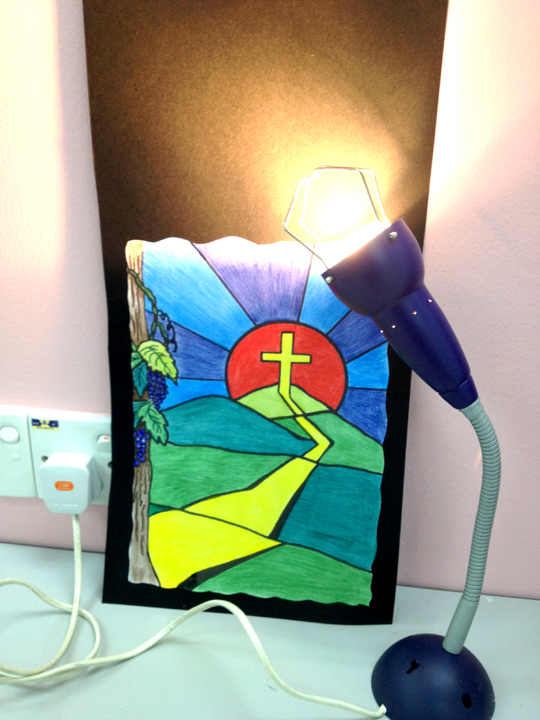

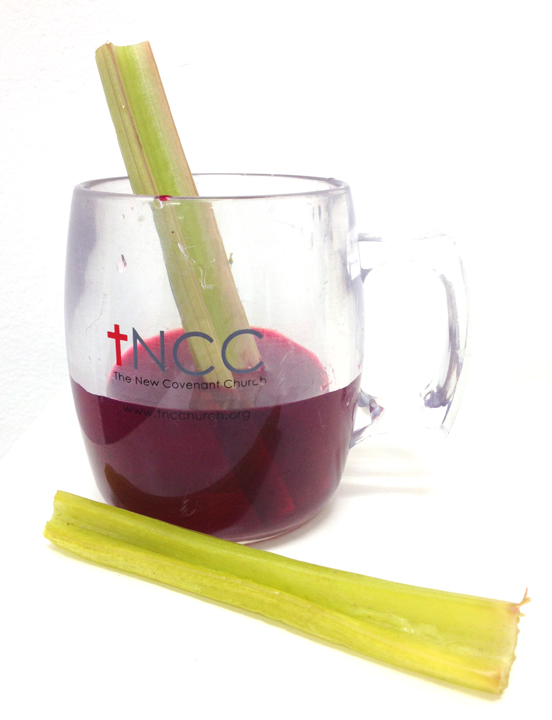 ing yourselves to be my disciples.
ing yourselves to be my disciples. ing yourselves to be my disciples.
ing yourselves to be my disciples.